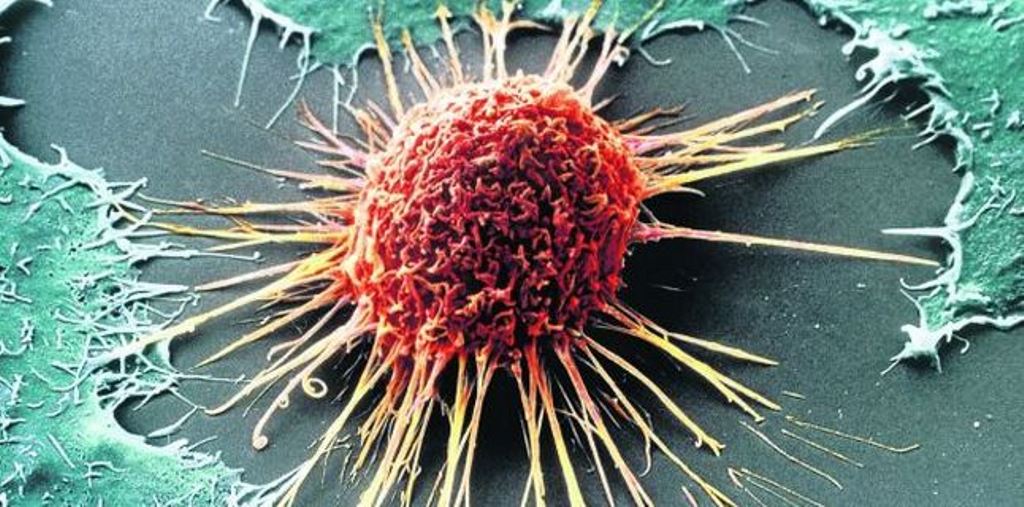Glioblastoma is the most common brain tumor in adults. Against this form of cancer, American specialists seem to have discovered a cure.
In general, the average life expectancy of patients diagnosed with glioblastoma is between 15 and 17 months, with a five-year survival rate of 5%.
Researchers have found that circadian rhythm proteins, the ones that control the natural rhythms of the human body, may be involved in the growth and proliferation of this tumor. They also developed a drug – called SHP656 – capable of targeting these proteins. The drug could prove effective in treating the disease. “This is a powerful molecule that we are excited about for its potential against glioblastoma,” says Prof. Steve Kay of USC’s Keck School of Medicine. These conclusions were published in the “Proceedings of the National Academy of Sciences.
In most patients, the cancer returns. And when it returns, it is resistant to chemotherapy and radiation therapy, explains Professor Kay. According to him, this phenomenon certainly occurs because a small number of “cancer stem cells” persist after surgery, chemotherapy and radiotherapy. These stem cells can multiply and spread very quickly in the body.
In a statement, the researchers point out that these “stem cells disrupt the body’s circadian clock mechanism, allowing them to spread faster and resist the effects of chemotherapy and radiation therapy.”
The new drug would therefore allow to regulate this phenomenon and effectively treat this tumor. Clinical trials are ongoing, and the research team hopes to begin the trial phase with glioblastoma patients in the next two to three years.
—


